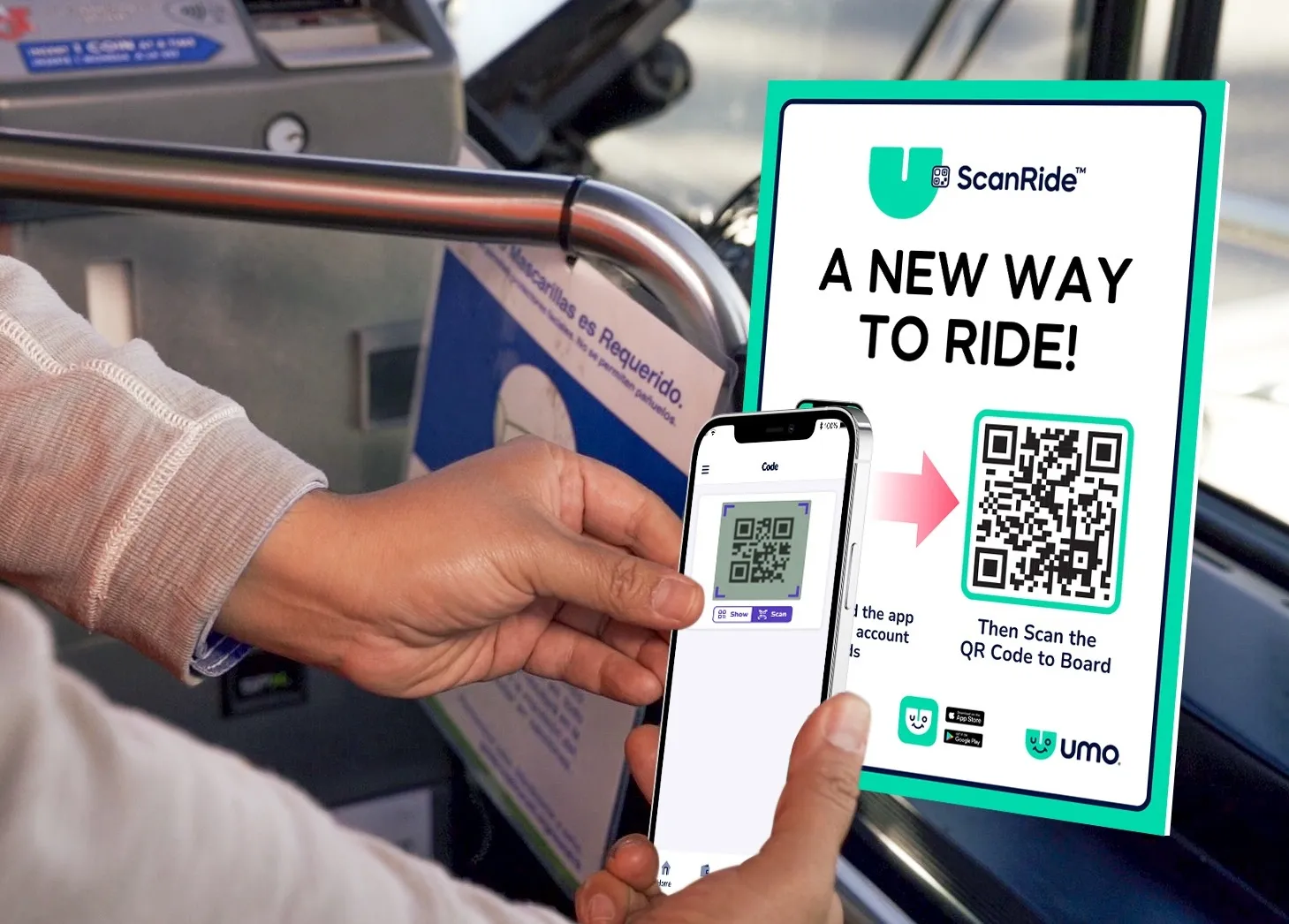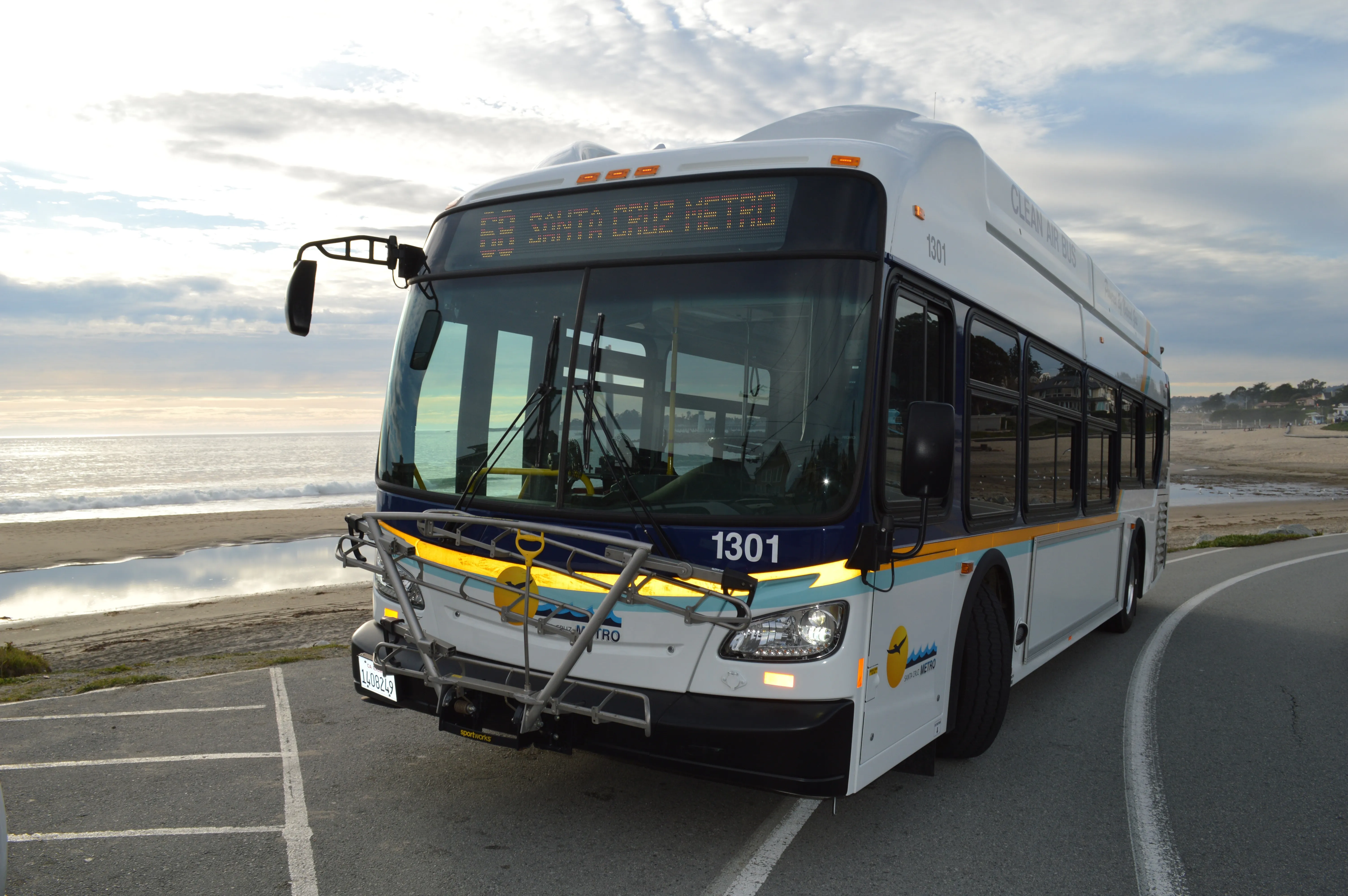
Cubic Transportation Systems has launched Umo ScanRide, a fare payment solution that allows transit agencies to implement account-based fare collection without installing new on-board hardware.
ScanRide uses smartphone technology and QR codes as an alternative to traditional fare collection systems. It enables riders to use their mobile devices to scan QR codes placed inside vehicles to validate fare payment.
"Using existing smartphone technology, we're offering transit agencies a way to update their fare systems without needing new hardware installations," said Mike Barboni, chief product officer, Umo at Cubic Transportation Systems.
ScanRide's key features include implementation without additional on-board hardware, integration capability with existing Umo fare payment solutions and applicability across various vehicle types, including fixed-route buses and on-demand services. There is also data collection for transit planning and operations as well as a user interface designed for ease of use by operators and riders
Cubic said ScanRide is designed to work alongside Umo's other fare payment solutions, providing transit agencies with system design and implementation flexibility. The solution can function independently or be integrated with existing fare collection infrastructure.
Cubic will demonstrate ScanRide at the Apta Transform conference and exhibition in Anaheim in the US state of California, from 29 September to 1 October.








